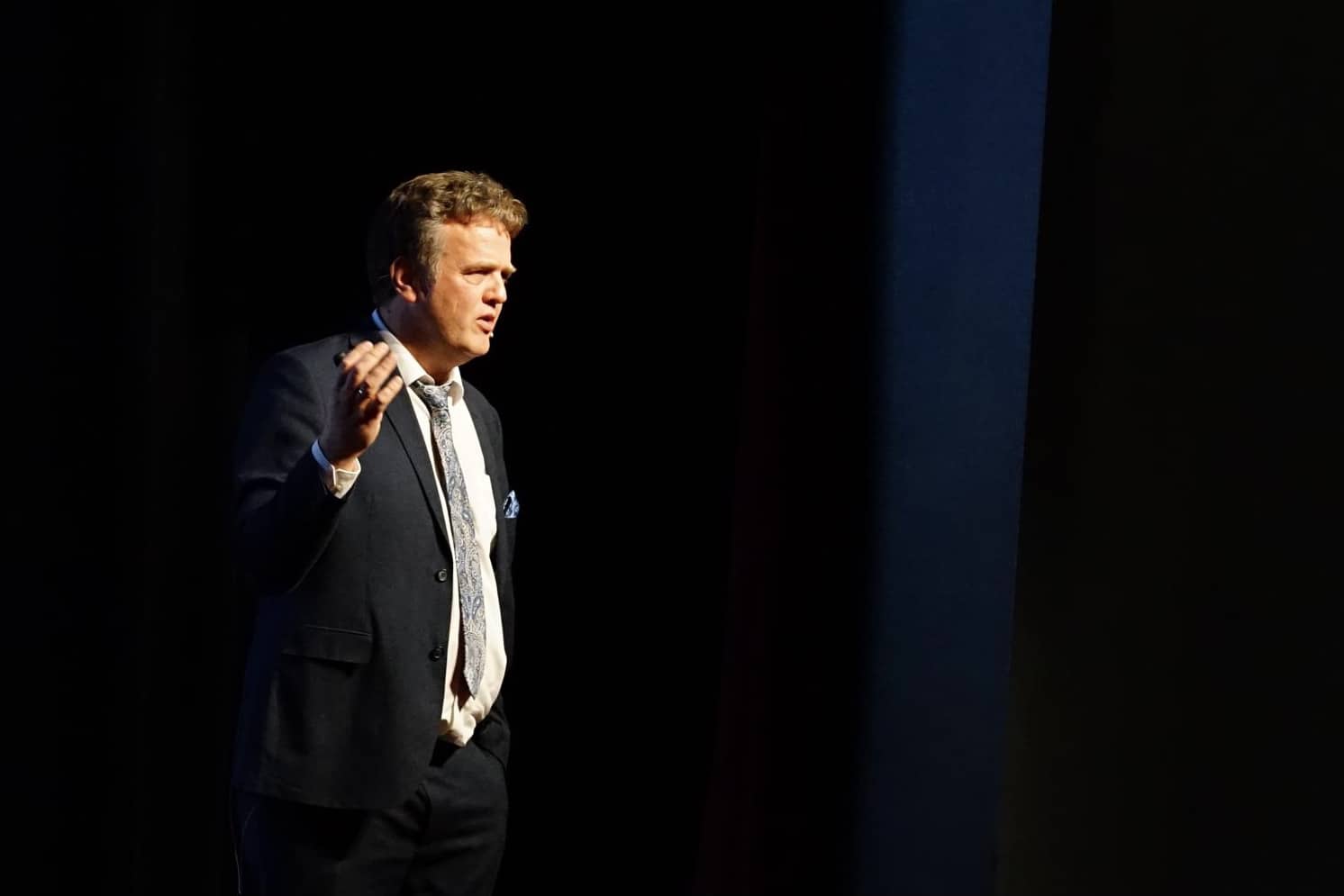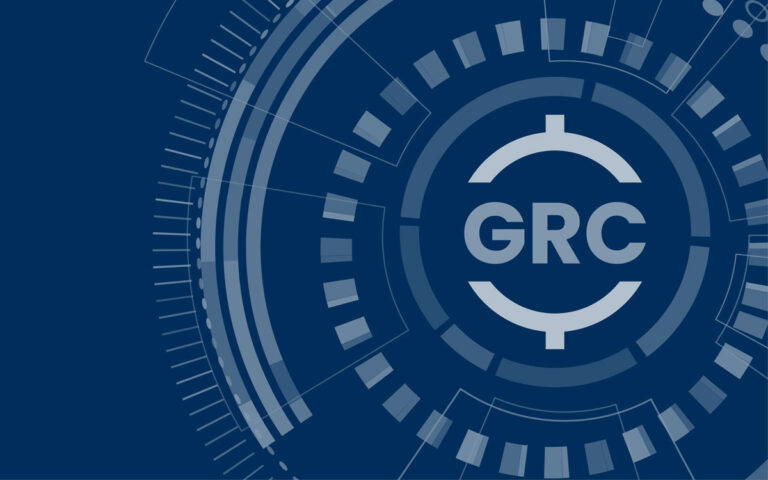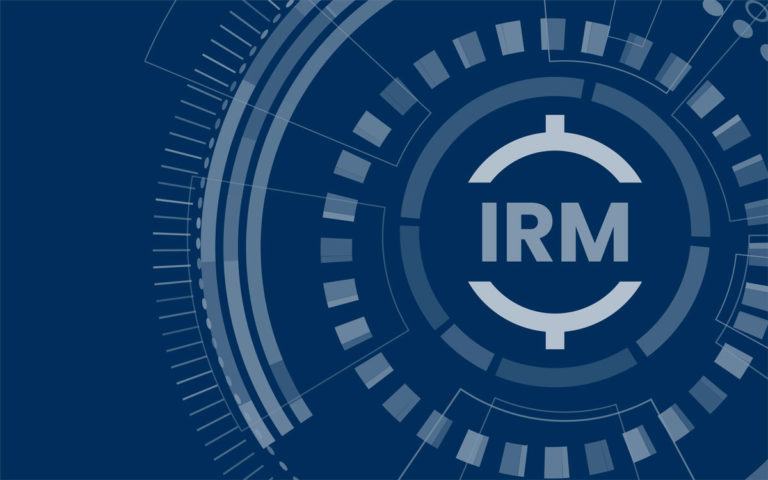The spread of coronavirus, or COVID-19, has changed and continues to change the way organizations operate and conduct business around the world. With numerous travel restrictions and social distancing measures in place, only those organizations that manage to embrace change might be set to thrive in the new normal. But what is the new normal?
In this interview, Corporater CEO, Tor Inge Vasshus, shares his thoughts on the impact of COVID-19 and driving business forward in the new normal.
Corporater is a global company with office locations around the world. How has the pandemic impacted the way Corporater operates?
Our teams are used to collaborating online, so there hasn’t been much change in the way we communicate with each other or with our customers. What has changed, however, when the pandemic hit, is that all our employees had to adapt to working from home, and that has been a challenge for many. While some employees say they’re more productive, others have struggled to stay focused due to a lack of proper workspace.
The impact of COVID-19 truly depends on where you live. There are a few countries where Corporater has an office where there is a clear distinction between home and work. You don’t live where you work and vice versa. In those countries homes are designed as a shared space suitable for raising a family, not for conducting business. Many of our employees need peace and quiet to get their work done, but silence is now hard to come by with children playing around or a spouse working right next to them. They miss the office.
On the opposite spectrum, a few of our employees who live alone reported feelings of loneliness and isolation. They have too much silence and too little human contact. For those reasons it’s been very important for our leadership team to stay connected with our employees, especially those living alone.
What changes have you observed in the way Corporater conducts business?
On the business side, all business has gone digital. All customer meetings are done online without an exception. Also, all customers, who previously favored having onsite consultants now prefer submitting their requests digitally. There are no more ‘help me’ sticky notes left on our consultants’ monitors, no more paper forms to leave in a tray. For us and for many of our customers remote working is now accepted as a part of the new normal.
What we’ve observed is that many organizations had to digitalize their operations at an accelerated speed. Especially those new to digital had to kick start their digital transformation, so they could continue to operate. As a result, collaboration tools and all types of business management software that can be implemented quickly and delivered securely in the cloud are in high demand, which is great for us. It’s likely that software companies that have adopted to the new paradigm of “software as a service” (SaaS) are in a pretty good situation with a stable income.
There is also less travel, which means less emissions, less cost, and less time wasted sitting on an airplane. The other day I was thinking about what I should do with my business clothes. It’s just taking up space in my closet now that I’m not having any business meetings in person. I still think that having a suit might come handy one day, so I’m in no rush to get rid of it.
With many people working remotely during lockdown, how do you keep your teams motivated?
To me, being motivated is a shared responsibility between the employees and the employer. For the employees staying motivated is about finding strength during these uncertain times. Strength to be self-disciplined, positive, and willing to work. For the employer, keeping employees motivated is about providing them with a job that is meaningful and the tools to be successful. What I’ve experienced is that for many employees it’s the job itself what keeps them motivated. If we enjoy what we do, we’ll perform our best even when no one is watching.
“If we enjoy what we do, we’ll perform our best even when no one is watching.”
I believe that employees are an organization’s most important asset, and so it should be treated as such. It’s about showing your employees appreciation, recognizing their accomplishments, and confirming the value they bring to the organization. To keep employees motivated it’s also crucial to communicate with them. Don’t leave your employees in the dark! Ever. Talk to them. Better yet, get to know them. Especially managers and team leaders should take off their formal hats and make a genuine effort to connect with their direct reports on a more personal level. When it comes to social distancing, we’re all in the same boat, dealing with the same situation.
Here is a pro tip for you. Many of our managers start their weekly team meetings with an informal chat, where no work talk is allowed for the first 15 mins. It helps to break the ice and lighten up the mood before getting down to business. Personally, I’ve been catching up with our employees online over coffee, and I’ve very much enjoyed seeing their homes and meeting their family and pets. These days motivation is very much about staying connected and socializing over the Internet.
What does company culture mean to you and how do you maintain it when everyone works remotely?
I believe that a company culture stems from company values and the ability to hire employees whose personal values align with those of your company. At Corporater our values are ethics (we do what’s right), being customer-centric (we care), and servant leadership (we serve each other). Among other things, I look for these values when interviewing job candidates. I’m also on a look out for a lack of values. No matter the qualifications, if a job candidate displays dishonesty, signs of entitlement, or a lack of integrity, he or she is not the right fit for us.
“We give our managers a lot of freedom and autonomy, and in turn we expect them to always uphold our company values and help drive the business forward.”
Being a 150+ employee company, I rely on my managers to help maintain our culture. That’s why it’s so important for me to hire managers whose values align with Corporater values. I look for managers who are honest, genuine, and caring, and who are able to inspire others to work towards a common goal. We give our managers a lot of freedom and autonomy, and in turn we expect them to always uphold our company values and help drive the business forward.
The COVID-19 pandemic has made it a challenge for many companies to stay afloat. What do you think separates companies that are able to continue run their business from those that are not?
It’s been said a long time ago that change is the only constant in business. Organizations that expected the unexpected were much better prepared to deal with the situation than those without any contingency plans. Since every organization is faced with different challenges based on their size, location, etc., it would be difficult to pinpoint a single factor that helps to keep the lights on during the pandemic. I do, however, think that business agility – the ability to change fast – is crucial during these times. In business being agile is about being able to quickly adapt to the new market conditions, products, services, and knowledge, taking action, and having a resilience plan should a new risk come alive. It’s about being able to deal with the unexpected when it arrives. Companies that are able to adapt to change in a calm organized manner will have a higher chance to succeed.
The worst thing companies can do right now is nothing. That’s a sure recipe to drive your business to the ground.
How do you perceive the outcomes of the pandemic?
The pandemic has brought much pain and suffering to people around the world. It’s hard to believe that in this time and age there are still places where people have little to no access to running water, proper shelter, and medical care. The pandemic only worsened the situation in third world countries and made people’s life even more difficult. It is during these times when I feel that we, as individuals, as corporations, and as countries, need to step up to help bring life, light, and increase to places that has been impacted the most.
If there is anything good that came out of this pandemic – and you do have to look really close and hard – it is that companies are now better prepared to deal with the situation. They know how to protect the health of their employees and how to prevent layoffs. If a pandemic hasn’t been included in companies’ risk registers before, I’m sure it’s there now. But what’s next? Is it a recession? Is it a financial crisis? Is it war? It’s important to consider all these scenarios, so that organizations could prepare for how to deal with them. Perhaps you may consider hiring contractors instead of a full-time labor. Perhaps you may want to define a formal plan for scaling down your operations, changing office locations, etc. It’s about staying agile – being able to assess the risk and take action fast.
What do you think the new normal is going to look like for the world?
I think that all that’s happening now will have a tremendous impact on the way businesses around the world operate for years to come. The new normal will be the same, but different in many ways. It’s important to realize that what we call the new normal is not a stable state. The new normal is a dynamic ever-changing state where businesses must expect the unexpected.
“The ‘new normal’ is a dynamic ever-changing state where businesses must expect the unexpected.”
In terms of business operations, I think that people will return to the office, although, working remotely will become a widely accepted practice for certain functions. Organizations that reopen their doors will have to follow numerous health precautions and update their office layout to ensure that employees can have a safe work environment. Online meetings and webinars are here to stay. In person meetings and conferences might be a thing of the past.
From a global perspective, the new normal will continue to evolve and affect our life at home, at work, at school, and beyond. In the near future I anticipate for businesses to see less globalization, more regulations, more complex business environments, and more regional isolation and protectionism. It’s possible that what we’re seeing right now is the peak of globalization. Most markets are currently open, and there appears to be a shared interest from most countries to reopen the borders once it’s safe to do so. However, this all could change in an instant. There seems to be several countries that would be willing sacrifice trade and citizens’ well-being over a political disagreement. With more boundaries in place, we’d have to find new ways of navigating the business world. Perhaps what we’re seeing now in terms global political economy is a shift to a new world order, which I think it frightening, but most likely unavoidable.
What does the new normal look like for Corporater?
Corporater is in a position where we can guarantee job security for all our employees. Thanks to that we can continue to run our business as usual. All our teams are equipped to work remotely and remain available to support our customers and partners worldwide. We also remain focused on development and innovation of our own technology and platform with primary focus on governance, performance, risk, and compliance (GPRC). With lots of businesses shifting their operations online, we anticipate the new normal to bring an increased demand for integrated software solutions that can measure productivity, ensure quality, manage risk, and provide security, and that’s right up our alley.




